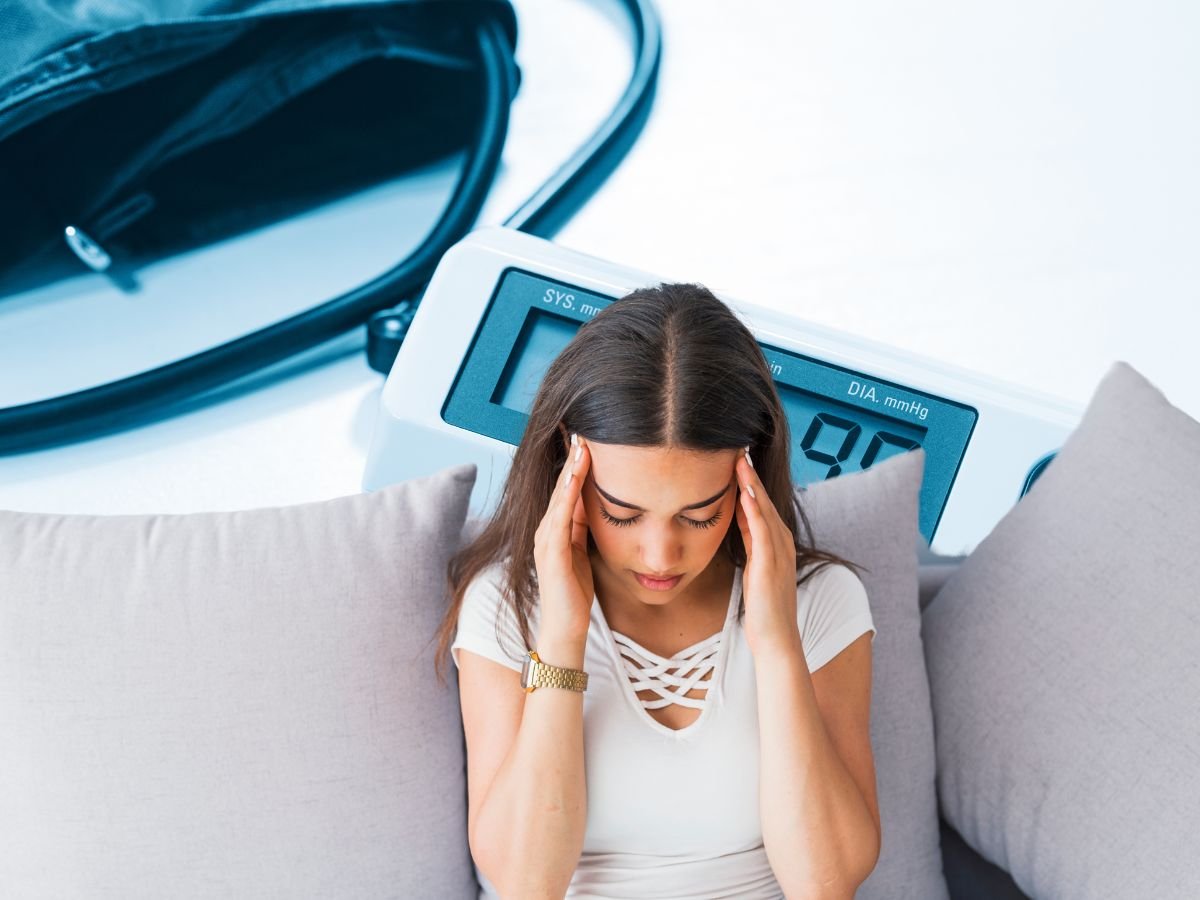New Delhi, 29 July 2025: High blood pressure—or hypertension—is often dubbed the “silent killer” for a reason. It usually shows no clear symptoms until significant damage has already occurred in the body. Left uncontrolled, high blood pressure can quietly wreak havoc on your heart, brain, kidneys, eyes, and more.
Why You Should Never Ignore Rising Blood Pressure
Dr. [Expert Name], a cardiologist, warns that chronic hypertension puts constant pressure on artery walls, eventually weakening and damaging blood vessels and organs. The result? A wide range of potentially life-threatening health issues that can impact every major system in your body.
1. Heart: Risk of Heart Attack and Heart Failure Skyrockets
When blood pressure stays high, your heart works harder to pump blood. Over time, this causes the heart muscle to thicken or become stiff—leading to heart failure. Uncontrolled BP also increases the risk of:
- Coronary artery disease
- Heart attacks
- Arrhythmias
2. Brain: Stroke and Cognitive Decline
Hypertension is the leading cause of stroke. It can cause blood vessels in the brain to burst or become blocked. Chronic high blood pressure also affects memory and thinking, increasing the risk of vascular dementia and Alzheimer’s disease.
3. Kidneys: Silent Damage Can Lead to Failure
Your kidneys rely on healthy blood flow to filter waste. High BP damages the arteries around the kidneys, reducing their ability to function efficiently and leading to chronic kidney disease, which could eventually require dialysis or transplant.
4. Eyes: Vision Loss and Retinal Damage
High blood pressure can damage the tiny blood vessels in your eyes, leading to hypertensive retinopathy. Symptoms may include blurred vision, bleeding in the eye, or even permanent blindness in severe cases.
5. Arteries: Hardening and Narrowing (Atherosclerosis)
Over time, the force of high BP can lead to arterial thickening and narrowing, increasing the risk of aneurysms, peripheral artery disease (PAD), and other circulation problems.
Signs You May Have High Blood Pressure (Even Without Symptoms)
- Frequent headaches
- Shortness of breath
- Dizziness or fatigue
- Nosebleeds (in severe cases)
Regular monitoring is essential—even if you feel fine. Most people don’t realize they have high BP until it’s too late.
How to Take Control of Your Blood Pressure
Experts recommend these science-backed steps:
- Reduce salt intake
- Exercise at least 30 minutes daily
- Limit alcohol and quit smoking
- Manage stress with yoga or meditation
- Eat more potassium-rich foods like bananas, spinach, and sweet potatoes
- Take prescribed medication consistently
Ignoring high blood pressure is like driving with a ticking time bomb. It may not show immediate signs, but the long-term damage is real and dangerous. Early diagnosis, lifestyle changes, and regular follow-ups with your doctor can protect you from its silent yet deadly effects.






